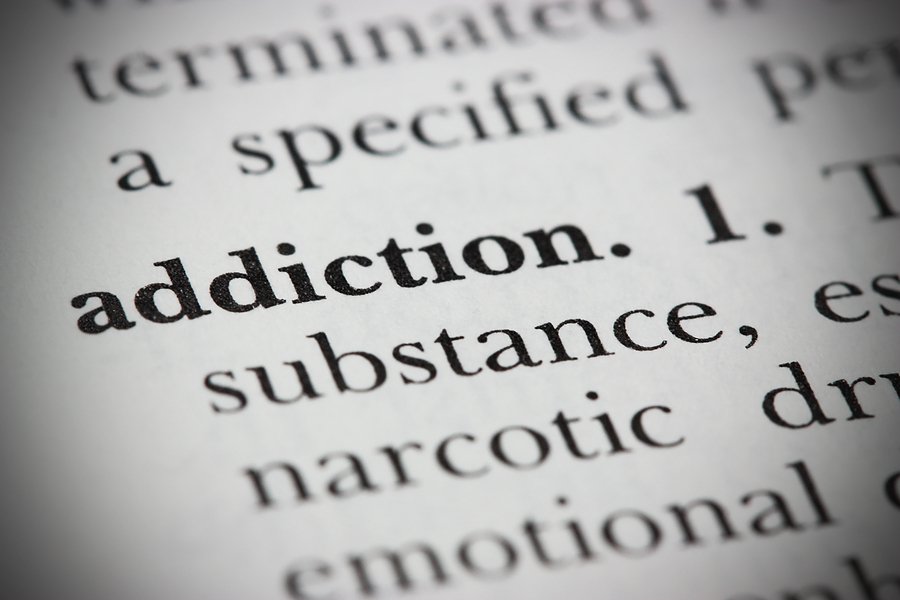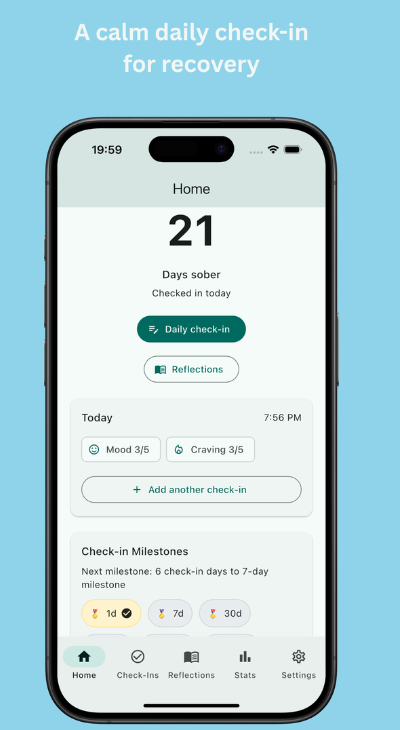Happy Monday! This week’s topic is: Stages of Change
People who use drugs, alcohol, or struggle with any sort of addiction go through different stages. This is called stages of change. Where do you stand on this?
- Pre-contemplation – the stage where users do not even recognize that there is a problem.
- Contemplation – this is where the user starts to recognize that there may be a problem and is having thoughts about possibly making a change.
- Preparation –the stage where the user begins to prepare to change. Maybe they are thinking about setting a date to quit. https://www.liverehab.com/?p=1272
- Action –the user is actively participating in a program or has started to obtain sobriety. The user is on day one of sobriety or after.
- Maintenance –when sobriety has been achieved for some time and the user is working hard on maintaining their sobriety.
- Termination – when someone has obtained full sobriety and is confident that they can be in any situation at any time without the possibility of relapse.


